Mozambique joins Space for Giant’s vehicle for political change in conservation
NIASSA, Mozambique - Mozambique’s president Filipe Nyusi today became the seventh African Head of State to join The Giants Club, an international forum of political leaders, businesspeople, financiers, philanthropists, conservationists, and scientists.
President Nyusi joined The Giants Club in a signing ceremony in Niassa Special Reserve today held as part of Mozambique’s celebrations of World Ranger Day.
He joins President Mokgweetsi Masisi of Botswana, President Ali Bongo Ondimba of Gabon, President Uhuru Kenyatta of Kenya, President Paul Kagame of Rwanda, and President Yoweri Museveni of Uganda, who are all joint leaders of The Giants Club. Botswana’s Former President Ian Khama acts as President Emeritus.
Niassa Reserve covers over 42,000 sq km and is the largest protected area in Mozambique. Image by Stuart Slabbert
The Giants Club is an initiative of the international conservation organisation Space for Giants which, with partner organisations, implements the programmes that The Giant’s Club’s Heads of State choose as their conservation priorities. Space for Giants is headquartered in Kenya and operates in 10 countries across Africa, including Mozambique.
Alongside the Heads of State, The Giant Club’s nearly 40 members include business people from Africa, the US, Europe, the UK, Russia, and the Gulf. Conservation scientists from Space for Giants and other organisations advise the Club.
Together these individuals combine their political muscle, extensive financial resources, pioneering scientific expertise, and global reach and influence to fulfil the Club’s goal to protect Africa’s remaining populations of large animals and their habitats.
Primarily it does this by advising governments as they build their ‘nature-based economies’, linking them to investment in conservation that boosts sustainable businesses and brings jobs as well as protects environments.
Image by Deborah Varrie
Mozambique is rich in natural resources and is home to more than 4,000 terrestrial wildlife species - including major mammals like elephants, rhinos, lions, and giraffes - and more than 5,500 species of plants. It has one of Africa’s longest coastlines with more than 1,800km of coral reefs, and 400,000 hectares of mangroves.
Sites of high biodiversity importance include the Great Inselberg Archipelago of Quirimbas, the Gorongosa Mountains, and the Chimanimani Massif. Three global biodiversity hotspots are in Mozambique: the Coastal Forests of Eastern Africa, the Maputaland-Pondoland-Albany, and the Eastern Afromontane.
The Mozambican government, led by President Nyusi, is committed to building a strong national economy and is clear that this is compatible with achieving conservation goals. Preserving landscapes assists national wealth by generating foreign exchange, employment, and tax revenues in a wildlife economy.
Stuart Slabbert, Managing Director of Conservation at Space for Giants, said: “Space for Giants and The Giants Club are very proud that President Nyusi is joining to become our latest Head of State member. His commitment to conservation is clear, and partnering with organisations like Space for Giants supports Mozambique to meet challenges such as human-elephant conflict while also bringing in fresh expertise and experience to promote domestic and international investment in responsible conservation and tourism enterprises. Partnerships of the public and private sectors will generate new revenue from wildlife for the benefit of Mozambique’s citizens, and can support efforts to deter the illegal wildlife trade.”
Image by Dimitry B
The Giants Club’s Heads of State lead countries that are home to more than half of Africa’s 415,000 remaining elephants. Botswana hosts between herds up to 150,000 strong, mostly centred on the Okavango Delta in its north. Gabon has more than half of the continent’s remaining forest elephants, a distinct species, as well as lowland gorillas.
Elephants are keystone species: if their populations are healthy and their habitats protected, all other species with which they share their range can thrive too. This biodiversity in natural landscapes is what draws investors and visitors, boosting national economies.
The Giants Club Declaration describes the support that the Club will offer its Presidents as they commit their governments to significant international conservation measures.
As well as agreeing to support and endorse The Giants Club, President Nyusi pledged to:
Work to reduce the problem of human-elephant conflict in Mozambique.
Promote domestic and international investment in responsible conservation and tourism enterprises to generate new revenue from wildlife for the benefit of Mozambique’s citizens.
Support acts to deter the illegal wildlife trade and, in the event of poaching, work with ANAC, legal institutions and other stakeholders on the ground via the most effective technology, equipment and training.
Encourage international efforts to conserve endangered species, and to support scientific research into these species.
Image by Stuart Slabbert
The Giants Club membership is dedicated to supporting its Presidents to achieve their domestic conservation agendas, funding Space for Giants to give technical guidance and to deliver active conservation programmes.
Examples of Giants Club projects already underway include:
Strengthening judicial systems in Uganda and Kenya to enhance wildlife crime investigations, prosecutions, and convictions.
Constructing electrified fences to keep elephants away from farmers’ fields and reduce human-elephant conflict in Gabon, Kenya, and Uganda.
Launching international conservation investment mechanisms to bring new finance to protected area networks, in Uganda and Gabon.
Advancing Public Private Partnerships (PPP’s) and building a wildlife economy within the protected area network of Mozambique.




